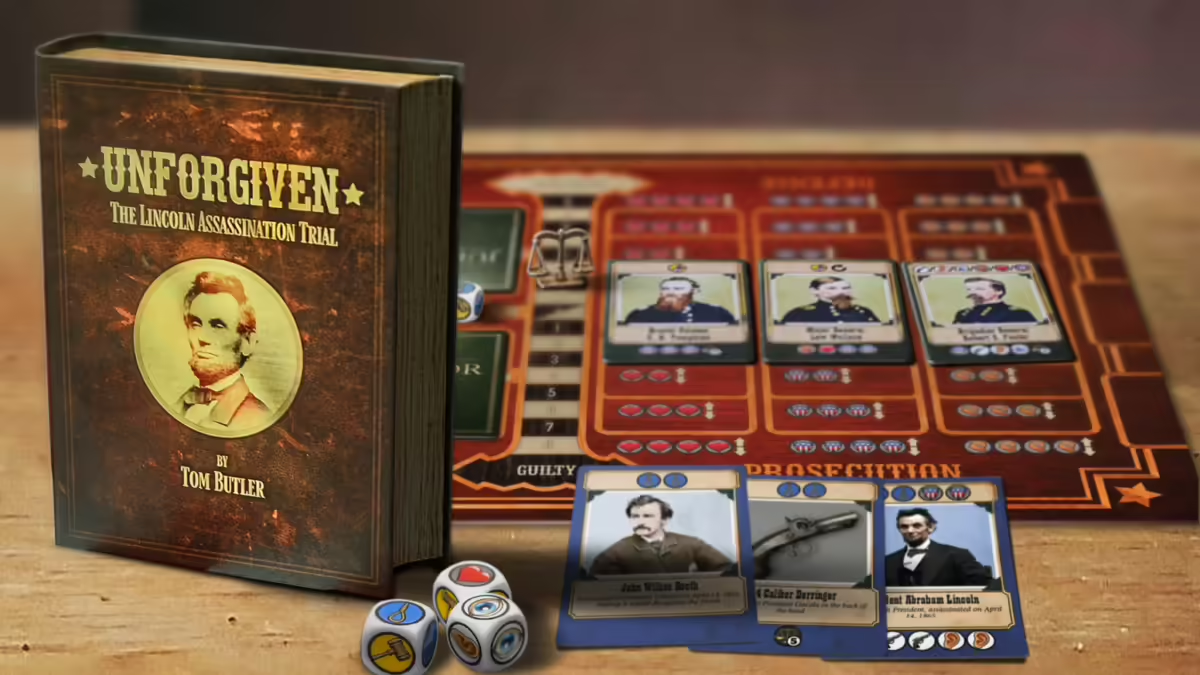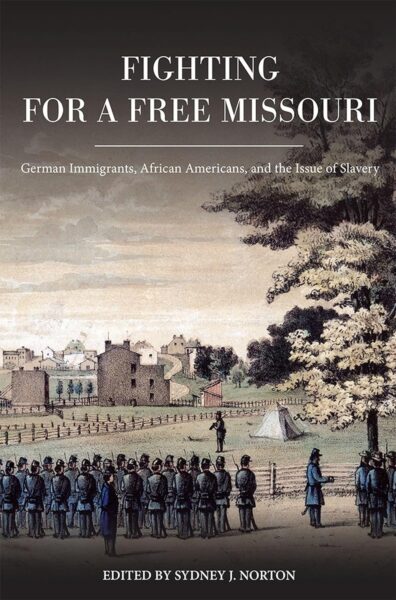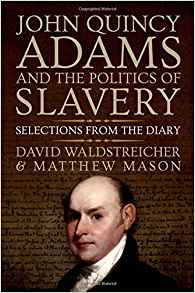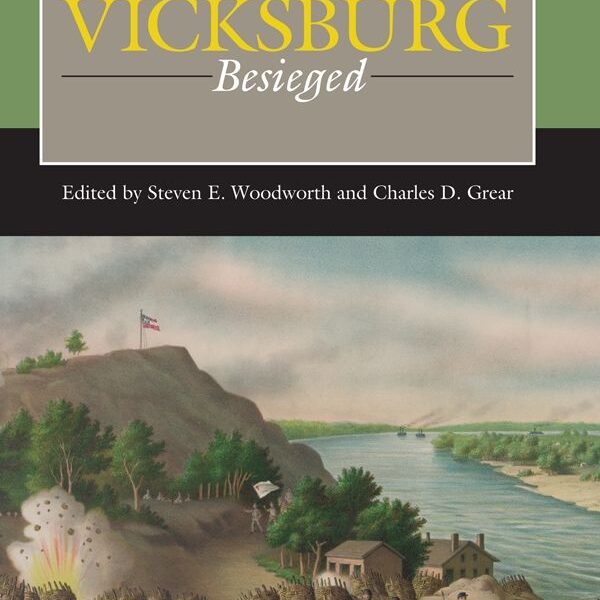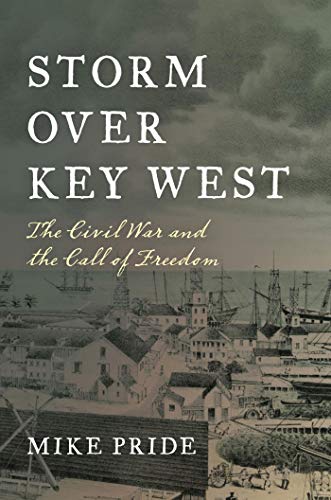The assassination of Abraham Lincoln stands as one of the most calamitous events in United States history. An assassin’s bullet struck down the sixteenth president at the culmination of four years of Civil War. Hanging in the balance were the consequences of rebellion, the hopes of a reunited republic, and the anticipation of civil and political rights for formerly enslaved African Americans.
Despite the fact that Lincoln’s murderer was executed within days of his deed, a handful of fellow conspirators who jointly attempted to topple the executive branch of the federal government stood trial. Perhaps most infamous among the alleged accomplices was Mary Surratt, the Confederate-sympathizing proprietor of a Washington, D.C., boardinghouse where the collaborators plotted their deadly scheme. Surratt’s son, John, was purportedly part of the plan, but fled to avoid arrest.
Mary Surratt was not so fortunate. Following a controversial military tribunal in May and June 1865, she was found guilty of treasonable conspiracy and hanged alongside three men also indicted in the case. As the first woman to have ever been executed by the U.S. federal government, her life, trial, and death have inspired a growing list of media—including books, a major Hollywood motion picture, and now, thanks to designer Tom Butler, a new game titled Unforgiven: The Lincoln Assassination Trial.
Though it has been conceived primarily as a tangible, tabletop board game, a digital version of Unforgiven is also available via Tabletopia. In this edition, players control a virtual setup which replicates its real-world counterpart.
In both forms, a rectangular board is labeled “Prosecution” along one edge, and “Defense” along the other. Running across the board is a tracker upon which a piece representing the Scales of Justice is moved throughout the game, between “Guilty” and “Innocent,” depending on the status of reasonable doubt during the contest. Additional board spaces provide locations for players to place cards depicting deadlocked jurors and displaying appeals to three major points of concern among jurors: Emotion, National Interest, and Logic.
Each trial card conveys one of six important details, including Evidence, Appeals, Reasonable Doubt, Rhetoric, Facts, and Press Barons. Throughout the game (which plays out in the form of the conspirators’ trial), players must draft these cards, collect evidence, and gain sway in order to convince the jury that Surratt is either guilty or not guilty.
To do so, players accumulate trial points by utilizing nine distinct juror tiles, which showcase the name and image of officers assigned to the tribunal’s jury. At the bottom of each tile, a variety of icons explains the attributes it would cost to convince jurors to a player’s side, such as whether the juror is primarily concerned with tangible forms of evidence, appeals to emotion, or the national interest, among other themes. In each of the game’s three phases, players expend all cards available, with the ultimate goal of winning when (1) a player moves a justice marker “on or beyond” the space marked either “Guilty” or “Innocent,” (2) a player successfully convinces four individual jurors, or (3) the third phase ends with both players failing to meet either of the first two conditions.
If the prosecutor is victorious—as really happened in 1865—said player may decide Surratt’s fate. Additional nods to the actual trial are prevalent throughout, making Unforgiven a simulation that Civil War aficionados can truly appreciate (not to mention, the manual abounds with explanations of the real events). Other historically based elements are not entirely factual in their relation to the Lincoln conspirators’ trial, but pay homage to other figures, such as the “diversity and inclusion” of the era. The game “showcases race, gender and other dimensions of the time period,” according to Tom Butler and, as such, it includes Black and Native American characters—and goes beyond mere military minutiae to highlight the social and political consequences of war.
In light of a successful crowdfunding effort via Kickstarter, Butler’s game is slated for production by Green Feet Games in 2021. It is designed for two players, and it can be completed in less than an hour. Whether it be wargaming and strategic boardgaming enthusiasts, or anyone who enjoys experiencing hands-on history in all forms, Unforgiven presents a unique, tense, and absorbing twist on an unprecedented moment in U.S. Civil War and judicial history.
Codie Eash currently serves as Operations Manager at Seminary Ridge Museum and Education Center in Gettysburg, Pennsylvania. He operates the independent Facebook blog “Codie Eash – Writer and Historian” and is a regular contributor to PennCivilWar.com.
